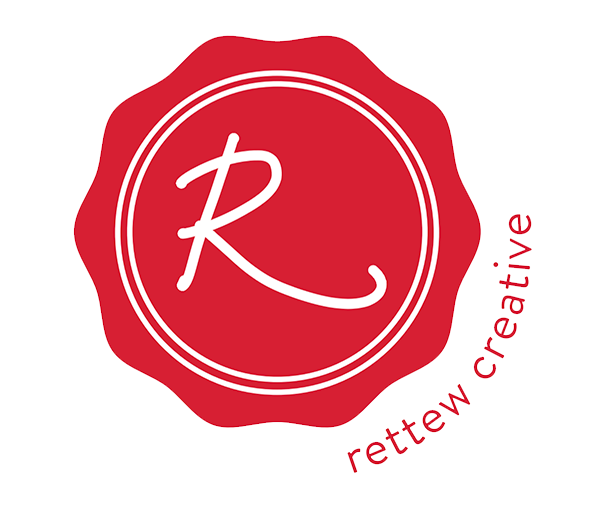Fans or Lemmings…and ethics debate on status updates
Do we want fans or lemmings? Do we want to build a community where people follow and do what we tell them or empower them to have a voice of authenticity? Are we encouraging our fans and fan bases to not only drink the kool-aid but to share it as well…and do it in a manner that is not disclosed?
I have been watching numerous social feeds and noticed status updates and posts from individuals that seem to be canned, pre-scripted social updates created by organizations that they follow. What do I mean?
Have you watched your news feed and someone talks about a brand or organization that they are passionate about. You can tell they wrote it because they use their own, personalized vernacular when sharing. Sometimes they provide a link and with this update they might tell a personal story.
Recently I have noticed many individuals posting updates that seemed detached and use a marketing language that leads me to believe organizations are providing pre-scripted status updates for their fans to share as their own updates.
First of all, here are some reasons I have issue and debate this practice:
1) Transparency – Who is this status update coming from…the person or the organization? And if this update is coming from the organization, does the person that copied and pasted the “suggested” status update deem it authentic. Are they disclosing where this update originated?
2) Authenticity – How do I know that the person truly shares the same opinions as the organization? Copy and pasting suggested status updates in our personal spaces suggests we are acting on behalf of the organization, thus actin in proxy. So who am I talking to if I respond?
3) Disclosure – If a person is copying and pasting suggested status updates from a branded organization, they should disclose this relationship. It should be stated that this update is “quoted” and that person is acting on behalf of the organization. You can read Part 255.5 of the FTC’s Disclosure of Material Connections by CLICKING HERE.
4) Legitimacy – Is this person who they say they are….or representing an organization in their online social spaces. How do we know if this is a legitimate update from the person or the organization? How do we know if an organization has been using someones’ personal social outlet to share their branded messages? And if an organization is willing to speak via proxy through someone’s personal space, what else are they willing to do to share their message?
For this very reason I am discussing this topic, the people at Facebook and Twitter have made this easy. The organization should update their accounts, then their fans can “ReTweet”, “Share”, or “Like” these updates. This allows the organization to share then the fan re-share with their friends. To me…this is pretty simple. This also allows the fan base to add a personal message with this “ReTweet” or “Share”.
So how do I feel about organizations creating “Like” and “Share” campaigns…I think that is perfectly fine. Organizations are merely trying to solicit their fan base to “Like”, “Share”, and “ReTweet”. Organizations might even ask their fan base to solicit their friends to do the same, but I think the fan base should disclose their relationship to the organization.
I do not think individuals should grant organizations access to their personal, social outlets like Facebook and Twitter to solicit and update their statuses. Facebook and Twitter have both laid out strict rules and regulations on how to use these outlets:
Facebook Rules and Regulations – https://www.facebook.com/legal/terms
Twitter Terms of Service – https://twitter.com/tos
Look, I know it is tempting to have a big ole meeting, lunch, dinner, event with your fan base and pass out pre-scripted status updates for an upcoming event. In the world of marketing, sometimes we get to far into the trenches and our ethical scales slip and slide from one side to the next. But sometimes we have to remember we are dealing with real people.
There are some great resources to read and consider when creating social campaigns and how the FTC and leading trade organizations deem this practice:
Here are the FTC’s Guides Concerning the Use of Endorsements and Testimonials in Advertising – CLICK HERE to DOWNLOAD PDF.
Here is WOMMA.org’s Ethics Code (Word of Mouth Marketing Association) – CLICK HERE to DOWNLOAD PDF.
If you would like to read what predicated this blog post, you can read a discussion that happened on Facebook where me and my friends debated this every issue: CLICK HERE.
***Image is from Bama Escapes…thanks so much!

